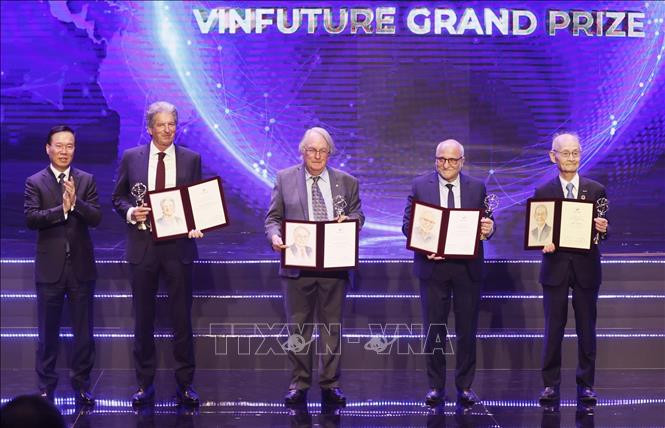
The award goes to: Professor Martin Andrew Green - Australian scientist, pioneer in developing Passive Emitter and Rear Contact - PERC technology for solar cells; Professor Stanley Whittingham - British-American scientist - initiator and discoverer of the operating principle of Lithium-ion batteries; Professor Rachid Yazami - Moroccan scientist - who discovered the reversible electrochemical intercalation of Lithium ions with graphite and the thermodynamics of battery charging and discharging; Professor Akira Yoshino - Japanese scientist with pioneering work in using carbon black at the negative electrode of Lithium-ion batteries.
President Vo Van Thuong presented Cups and certificates to four outstanding scientists who won the most prestigious prizes of the VinFuture Prize 2023.
In his speech when receiving the Award, Professor Martin Andrew Green thanked not only the scientists present at the event but also those around the world who have worked to help transition from fossil fuels to more sustainable energy.
Expressing his gratitude to the founders of the VinFuture Foundation and the VinFuture Prize, Professor Martin Andrew Green affirmed that these are people who have recognized the importance of scientific work that will change people's lives day by day. He also thanked his wife, whom he called his "renewable energy source", who supported him all the way when he first started his career in solar energy research.
Professor Stanley Whittingham affirmed that the efforts of all will move towards a more sustainable ecosystem, helping to improve the health of future generations and overcome the challenge of climate change.
With Professor Rachid Yazami - a Moroccan scientist - who discovered the reversible electrochemical intercalation of Lithium ions with graphite and the thermodynamics of battery charging and discharging, Lithium ion technology is increasingly used over the years and the future lies in the development of electric vehicles.
Professor Akira Yoshino believes that small, lightweight rechargeable lithium ion batteries are a tool to promote a more flexible and sustainable society. Lithium ion batteries are gradually playing an important role in creating a sustainable future society.
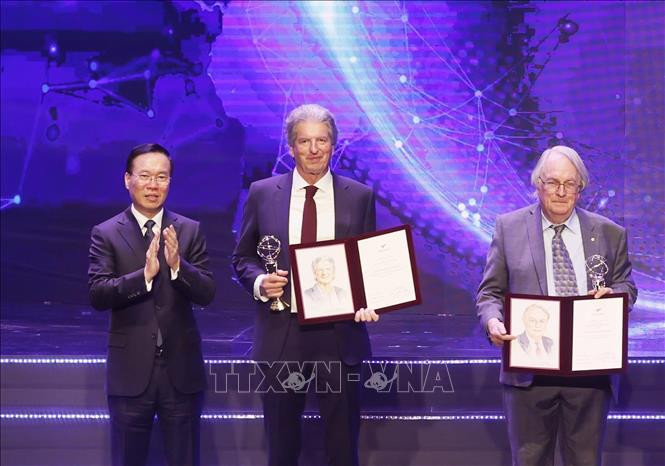
The Special Prize for scientists from developing countries was awarded to Professor Gurdev Singh Khush (University of California, Davis, USA) and Professor, Dr. Vo Tong Xuan (Rector of Nam Can Tho University, Vietnam). Professor Gurdev Singh Khush is a pioneer in creating rice varieties with the ability to resist many types of pests and diseases, short growth time, high yield, such as IR8, IR36, IR64... The IR64 rice variety alone has also played the role of parent variety for thousands of hybrid varieties for many decades until today, thereby making a great contribution to global food security. Professor, Dr. Vo Tong Xuan is one of the leading scientists in agriculture and rice development in Vietnam. Professor Khush and Professor Vo Tong Xuan are two close friends who have accompanied each other for over 50 years in the effort to find pest-resistant, high-yielding rice varieties.
Speaking at the event, Professor Khush expressed his honour to receive this prestigious award. Working at international rice research institutes for over 35 years has given him and his colleagues the opportunity to develop new rice varieties with yields that are twice as high as traditional varieties, making a significant contribution to the green revolution and strengthening efforts to ensure food security.
Moved by the prestigious VinFuture Award, Professor, Dr. Vo Tong Xuan expressed his joy at receiving recognition from the VinFuture Award Council for his research as well as the strong support of the community in the process of applying new rice varieties to diversify agricultural production in the Mekong Delta. This effort has helped increase rice productivity as well as improve the livelihoods of farmers in this region; specifically contributing to Vietnam's position as one of the top three rice exporters in the world.
The Special Prize for Scientists Researching New Fields honored four scientists: Professor Daniel Joshua Drucker, Professor Francis Habener, Professor Jens Juul Holst, Associate Professor Svetlana Mojsov for their groundbreaking research in discovering functional isoforms of glucagon-like peptide 1 (GLP-1), opening up a series of research projects and developing therapies based on this peptide. The discoveries in determining the physiological and endocrine role of GLP-1 have laid the foundation for drug production efforts and clinical trials using GLP-1 to combat obesity and diabetes, opening up opportunities to improve the health of hundreds of millions of people around the world.
Speaking when receiving the VinFuture Prize, Professor Daniel Joshua Drucker said that science always has many challenges and during difficult days, he always had the support of his family, helping him overcome those years. This recognition is also the crystallization of thousands of graduate students, volunteers participating in trials and patients, volunteers participating in clinical trials.
According to Professor Jens Juul Holst, the Group's research is an important discovery, a breakthrough this year in science and technology. He expressed hope that the potential of GPL-1 will continue to be exploited and thereby truly solve the health problems facing humanity.
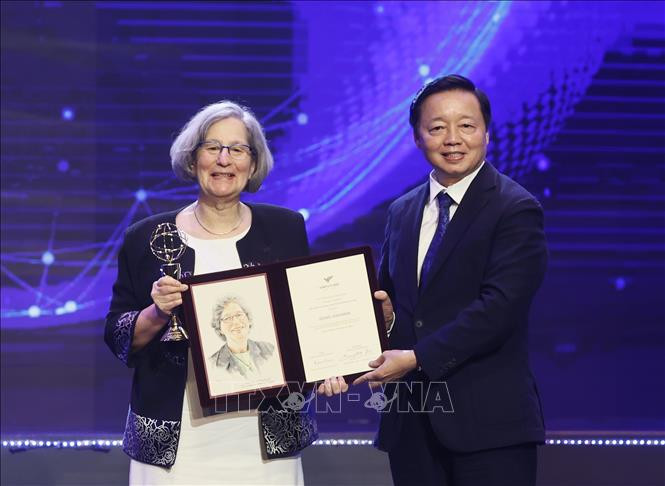
The Special Prize for Female Scientists was awarded to Professor Susan Solomon (Massachusetts Institute of Technology, USA) - a pioneer in the field of atmospheric chemistry with groundbreaking contributions to expanding humanity's understanding of the phenomenon of ozone layer depletion and the role of chlorofluorocarbons (CFCs) in that process. Professor Susan Solomon shared that this is a great honor for her. At the age of 29, she began researching the ozone hole and now she is here to share about the signs of the ozone layer recovering. "This is the result of people around the world working together to control harmful chemicals," said Professor Susan Solomon.
This year’s VinFuture Prize affirms its international prestige by gathering 1,389 nominations from more than 90 countries and territories, three times more than the first season. This year’s Prize system includes four categories, of which the Main Prize worth $3 million is one of the most valuable prizes in the world. In addition, there are three Special Prizes worth $500,000 each for female scientists, scientists from developing countries and scientists researching new fields.
At the Award Ceremony, famous American singer Katy Perry performed a number of typical songs to celebrate the world's advanced scientific and technological achievements honored at the VinFuture Award 2023.
Source


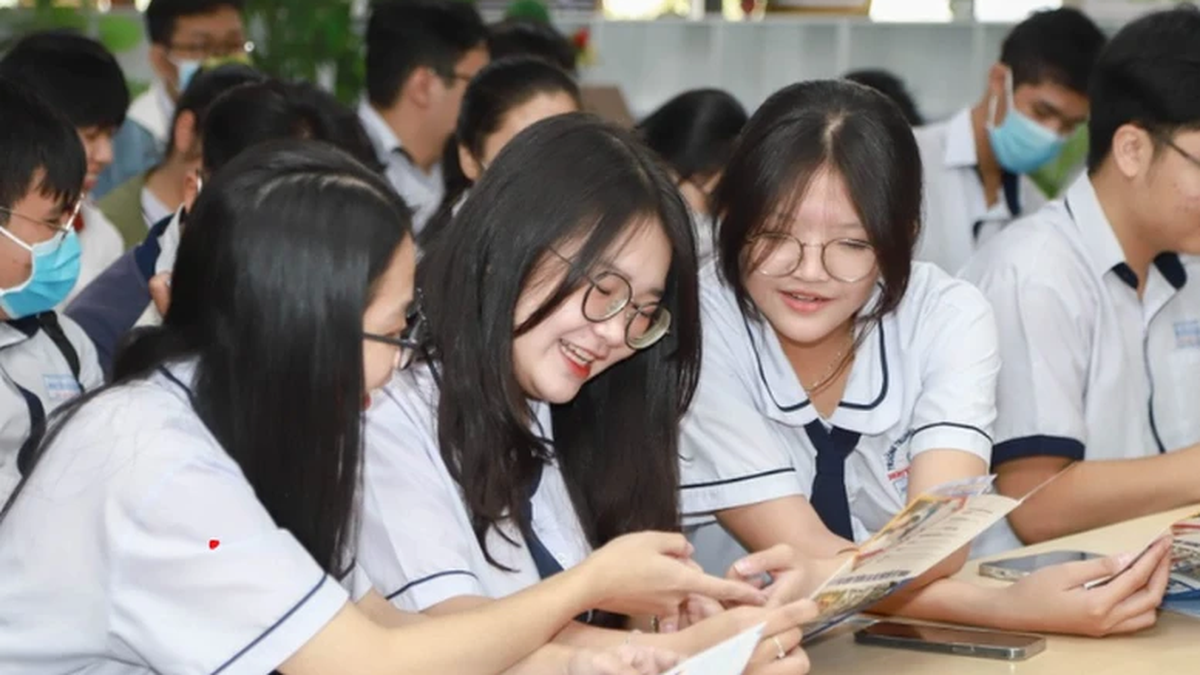
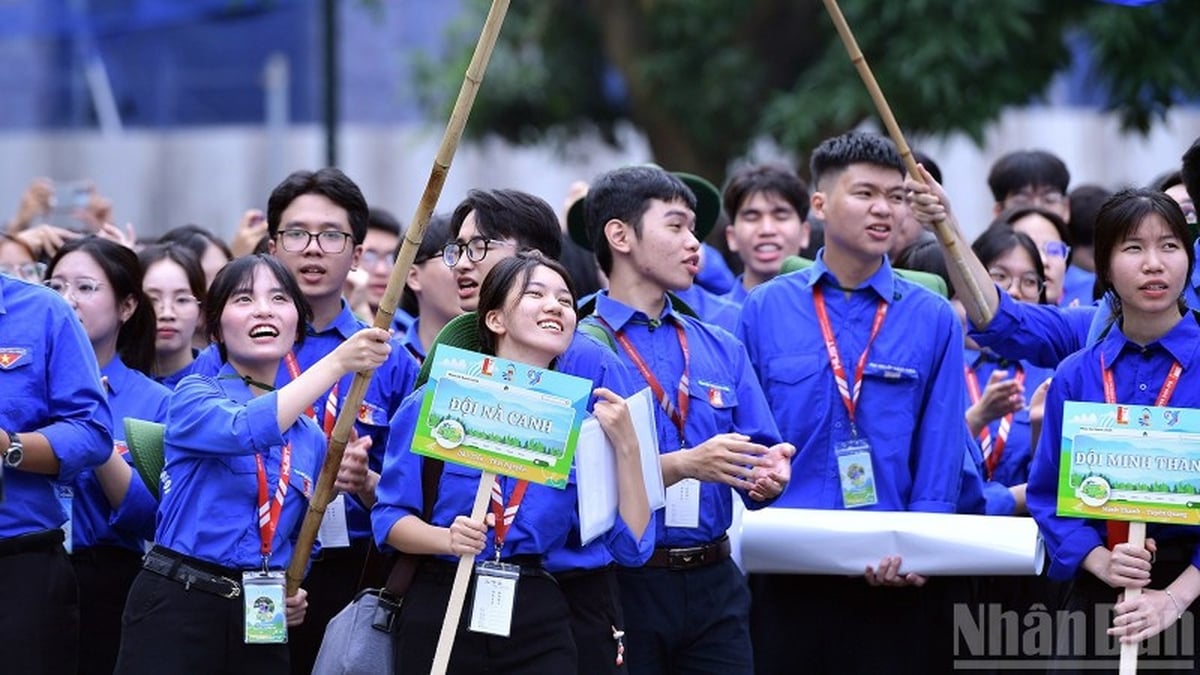
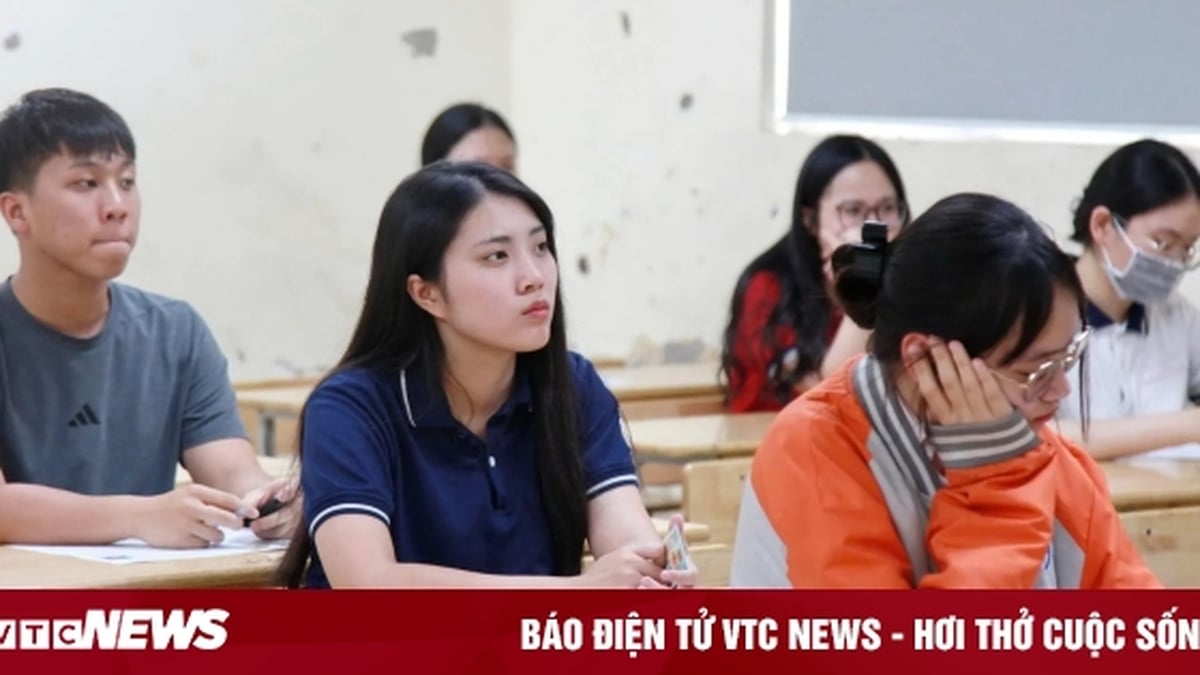

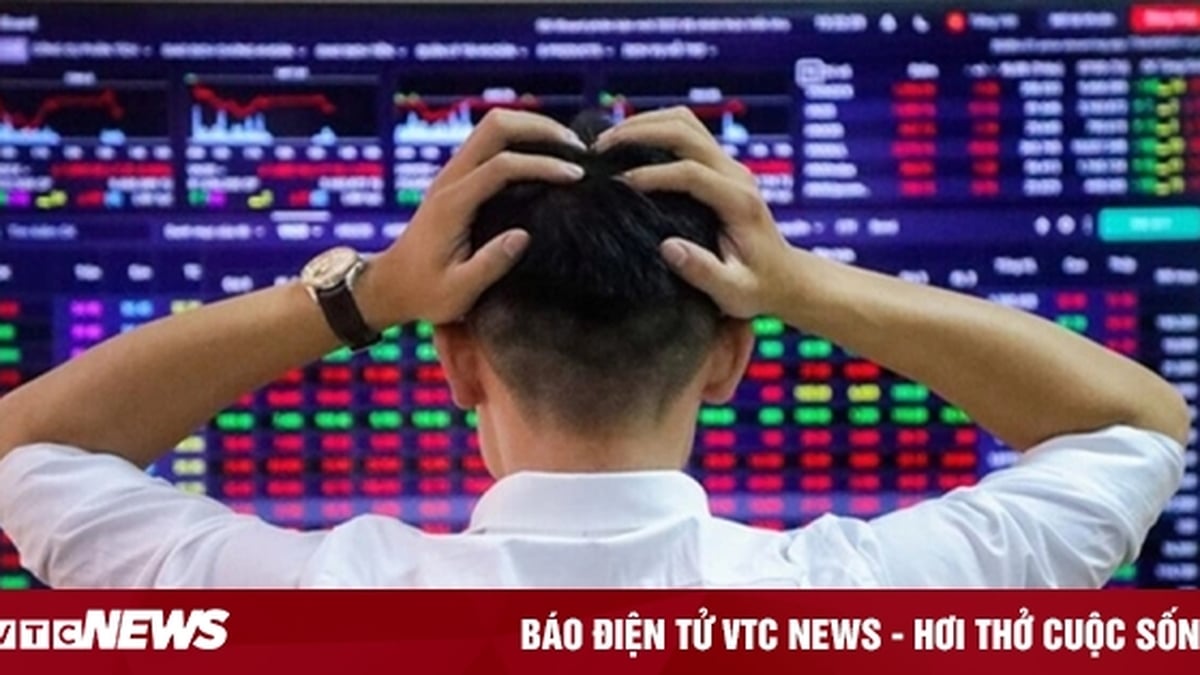




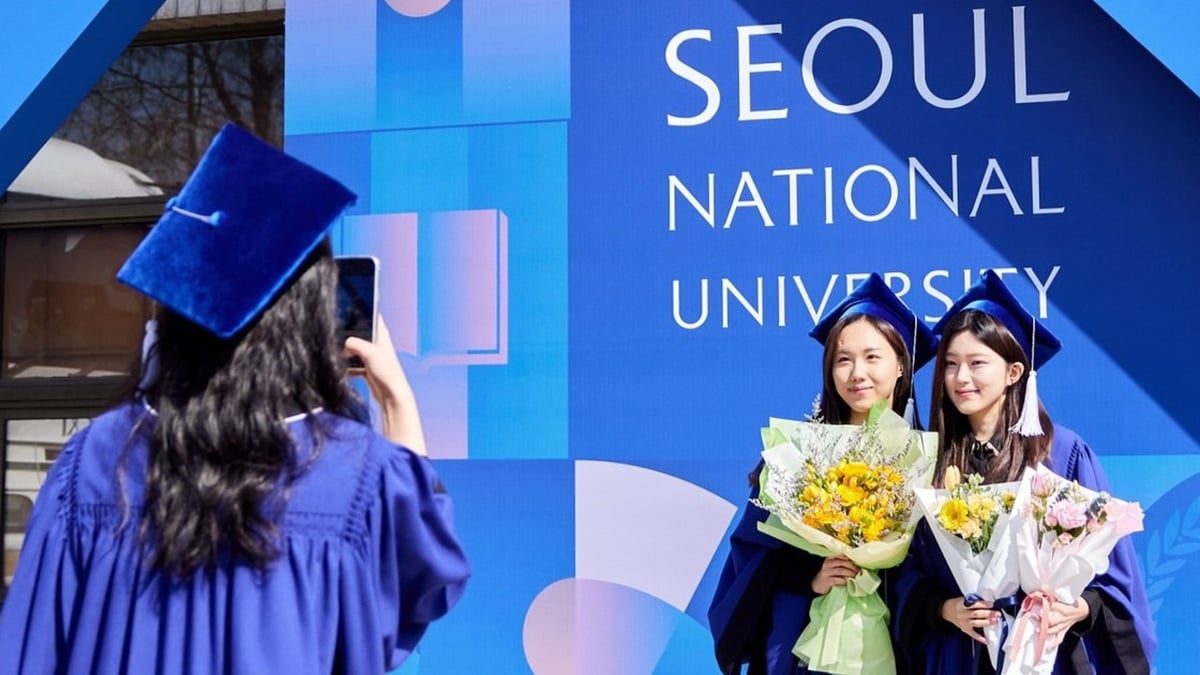















![[Photo] National Assembly Chairman attends the seminar "Building and operating an international financial center and recommendations for Vietnam"](https://vphoto.vietnam.vn/thumb/1200x675/vietnam/resource/IMAGE/2025/7/28/76393436936e457db31ec84433289f72)






















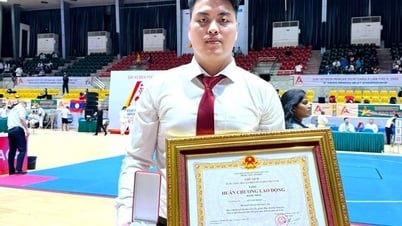










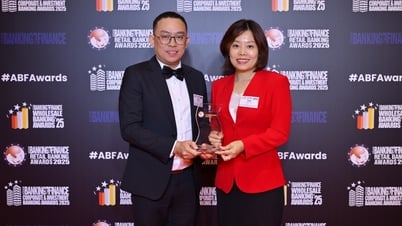
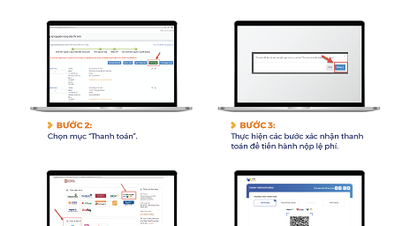

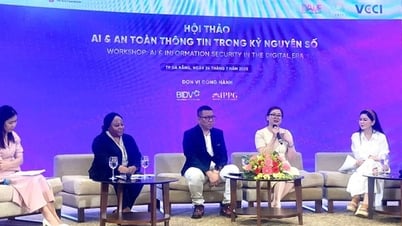




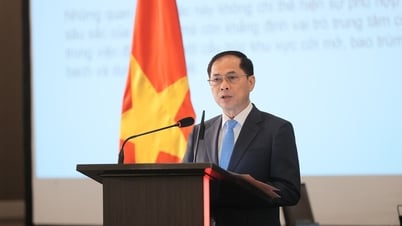




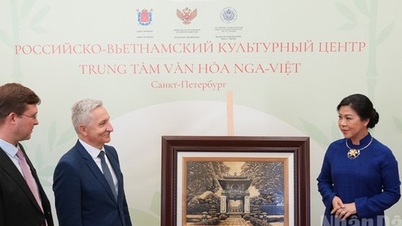

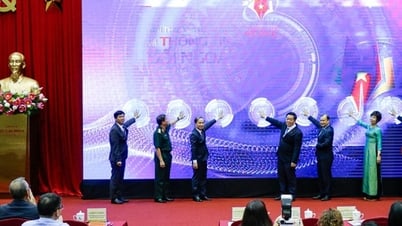
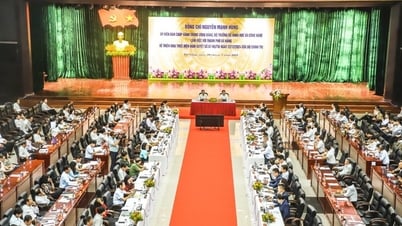






















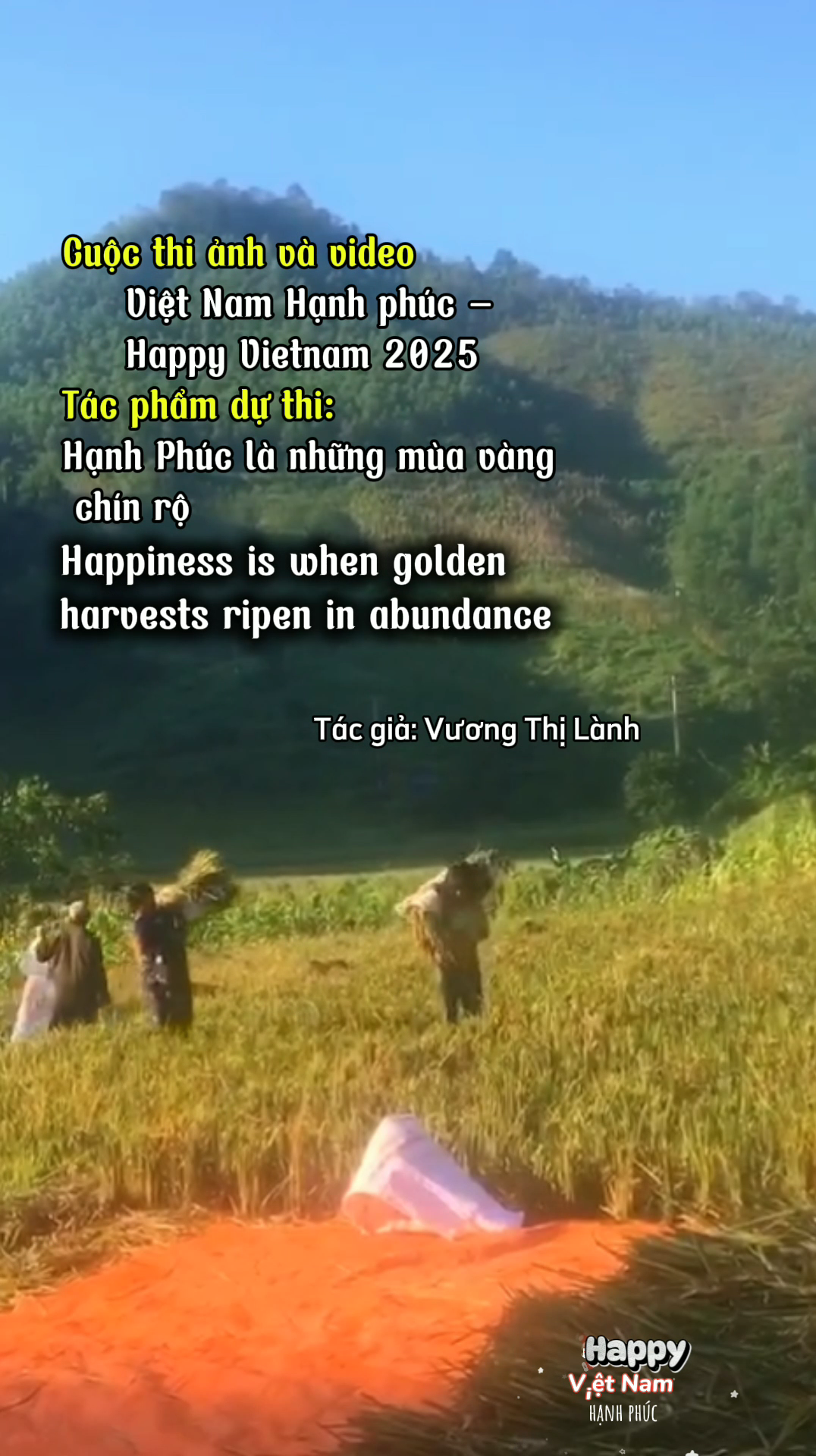
Comment (0)